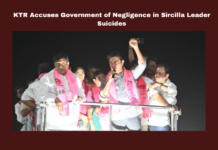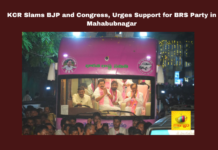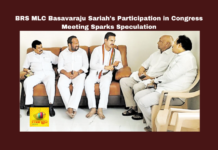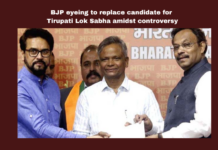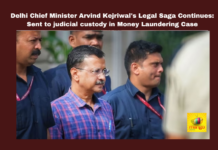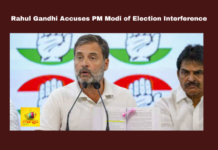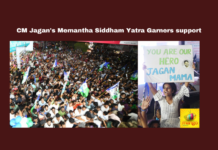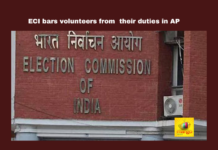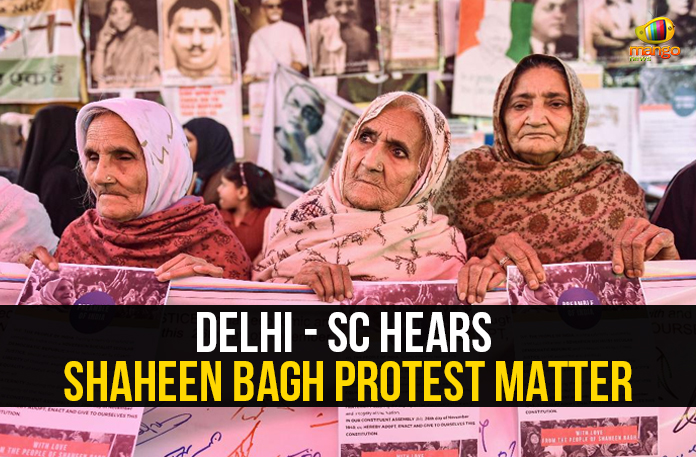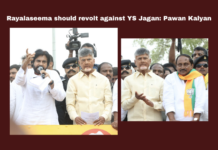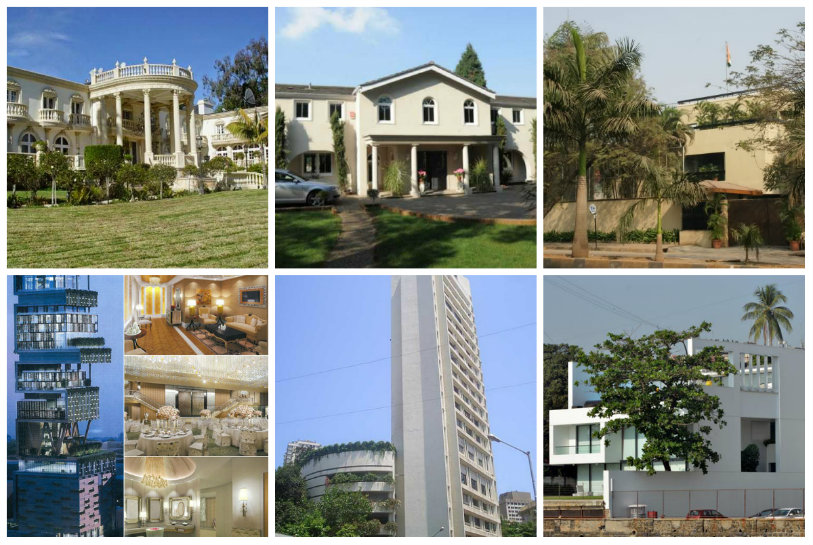The Supreme Court (SC,) on the 10th of February, reviewed the petitions filed against the protests at Shaheen Bagh in Delhi.
It has been a month since Shaheen Bagh was turned into a protest site, where people of Delhi are protesting against the Citizenship (Amendment) Act, 2019. The Act was introduced by the Bharatiya Janata Party (BJP) led Central Government.
The SC reviewed the petitions filed against the protests and demanded the roads be cleared. The roads have been blocked due to the protests taking place day and night. Amit Sahni, an advocate, filed a petition which said due to the Shaheen Bagh protests, the traffic on the Kalindi Kunj-Shaheen Bagh stretch has been adversely affected. In his petition, he demanded the SC to intervene and issue notices to the State Government and the State Police and ask them to get rid of the road blockages.
The Supreme Court said, “There is a law and people have grievance against it. The matter is pending in court. Despite that some people are protesting. They are entitled to protest.” It further said, “You cannot block the public roads. There cannot be (an) indefinite period of protest in such an area. If you want to protest, it has to be in an area identified for protest.””
However, the Court said it would not pass any verdict regarding the petition filed against the protestors without considering and hearing the points of the other side.
The SC was scheduled to hear the petitions against the Shaheen Bagh protestors earlier, but due to the Delhi elections, the Court scheduled the hearing on the 10th of February.
The SC scheduled the next hearing on the 17th of February.




